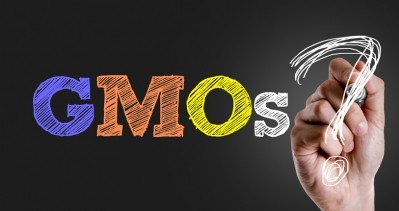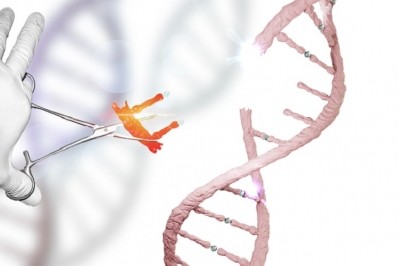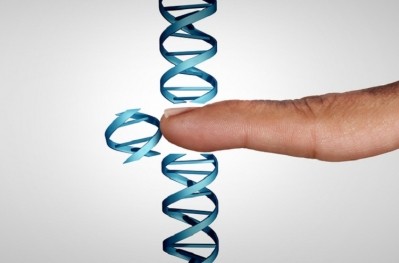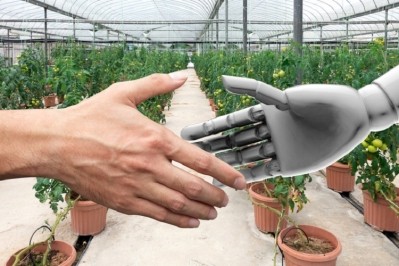'We take a science-based approach to GM regulation': UK to consider relaxing gene editing ban post Brexit
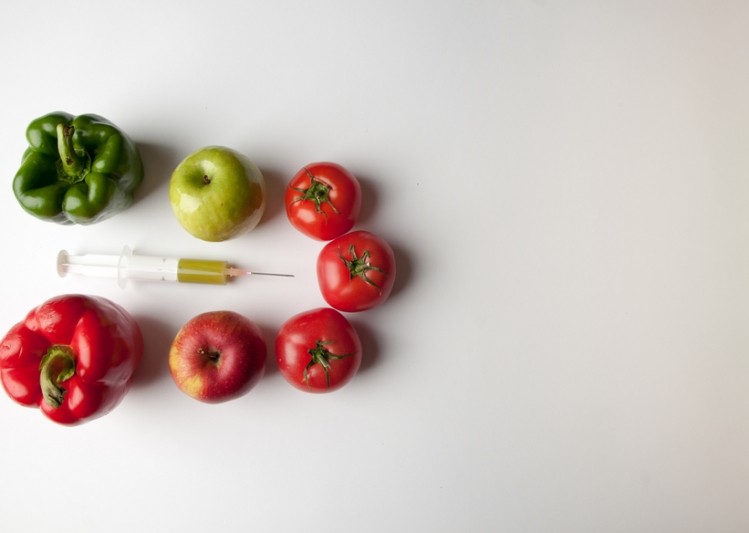
In an open letter to the Environment Secretary, Michael Gove, 33 agri-tech scientists called on the government to provide clarity on the future of gene edited crops in the UK,after the European Court of Justice extended restrictions placed on GMOs to include gene editing techniques in July.
The UK government has already indicated it will incorporate EU legislation governing GMOs into British law. However, the signatories of the letter – which was drawn up by Oxfordshire farmer and editor of Crop Production Magazine Tom Allen-Stevens – are hoping that there will be room for compromise on so-called new plant breeding techniques (NPBTs).
The letter states: “We feel there are significant questions that must be addressed urgently by government if the UK is to retain its strength in plant genetics, to use innovation to boost productivity and competitiveness, and to meet the challenges of nutritional health and environmental protection.”
In response, a spokesperson for the Department of Environment, Food and Rural Affairs (DEFRA) said that the government would “consider” the points raised in the letter and issue a reply "in due course".
On the government’s general position, the spokesperson said that the UK had backed exempting gene editing from the EU’s GMO regulations but recognised the EJC decision to include it.
“The government has always been clear that we take a science-based approach to GM regulation and our priority is safeguarding health and the environment,” the spokesperson said.
“Our view remains that gene-edited organisms should not be subject to GM regulation if the changes to their DNA could have occurred naturally or through traditional breeding methods. [However] the European Court of Justice has decided otherwise and this judgement is now binding in the UK.”
GMOs versus gene editing: what’s the difference?
In their letter, the agri-scientists expressed concerns that the the ban will block future innovation in gene editing for animal and plant breeding, therefore leaving the UK’s food sector to fall behind other countries who use these advanced technologies.
Europe has stringent rules governing the use of genetically modified crops and animals in the food chain. While research has not currently indicated any heightened risk from GMOs, restrictions reflect the strong anti-GM public opinion among European consumers.
According to the European Commission, a GMO is defined as “an organism whose genetic material has been altered by means of genetic engineering to include genes that it would not normally contain”.
Under Regulation (EC) No 1829/2003 on genetically modified food and feed, GMOs must receive approval from the EC following a safety assessment by the European Food Safety Authority and evaluation by the Standing Committee on the Food Chain and Animal Health before they can be cultivated.
The European Union has a low adoption rate for genetically modified foods, with the only authorised GM crop—an insect-resistant corn—currently grown on 150,000 hectares spread over five member states. That is less than 1.5% of the total EU maize surface and compares to global GM cultivation of 175m hectares.
Europe also requires products containing GMO ingredients above a 0.9% threshold to be “clearly” labelled. The European Parliament established that packaging must state: “This product contains genetically modified organisms" or “this product contains genetically modified [name of organism(s)]" directly on the label. All non-packaged products that contain GMOs must include the statement within the product display.
Unlike genetic engineering, when genetic code is inserted, gene editing techniques like Crispr-CAS can be used as an advanced plant-breeding tool that facilitates crop breeding by making cuts at specific locations in a plant genome. Subsequent repair of the cut by the cell’s endogenous repair mechanism can introduce precise changes.
The system works with the native characteristics in the crop and does not introduce new genes. Proponents argue that this means the new biotechnology poses fewer risk factors than GMOs and the process is frequently compared to traditional crop breeding techniques.
However, earlier this year the EJC ruled that these new plant breeding techniques are GMOs as the techniques and methods of mutagenesis alter the genetic material of a plant in a way that does not occur naturally.
“It follows that those organisms come, in principle, within the scope of the GMO Directive and are subject to the obligations laid down by that directive,” the ruling stated.
Concerns over weakened food standards
The UK government has been plagued by allegations that it will weaken food safety standards to secure trade deals after it leaves the European Union next March.
The US, in particular, has been pushing for the UK to accept its food standards, which would allow the import of chlorine-rinsed chicken and beef fed growth hormones.
Only this week, food safety experts warned against accepting hormone-treated beef to secure a trade deal with the US as an “unnecessary and unacceptable risk”.
“Food standards in the EU are far higher than those in the USA, and US standards are far higher than WTO standards. The UK should at least stick to EU; the only changes allowed should be to make food safer, never less safe,” co-author of the report, Hormone-treated beef: Should Britain accept it after Brexit?, Professor Erik Millstone of the University of Sussex, argued.
